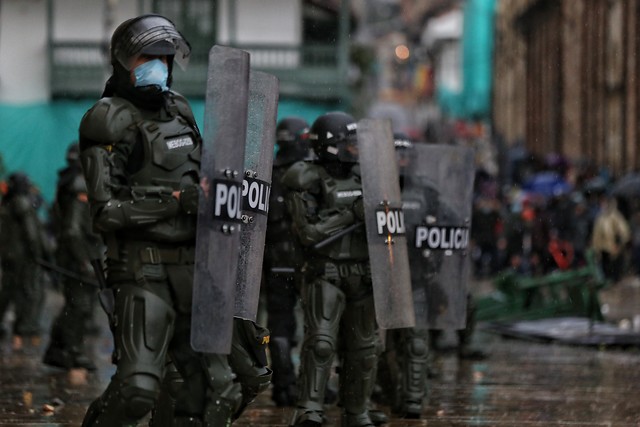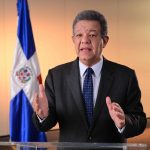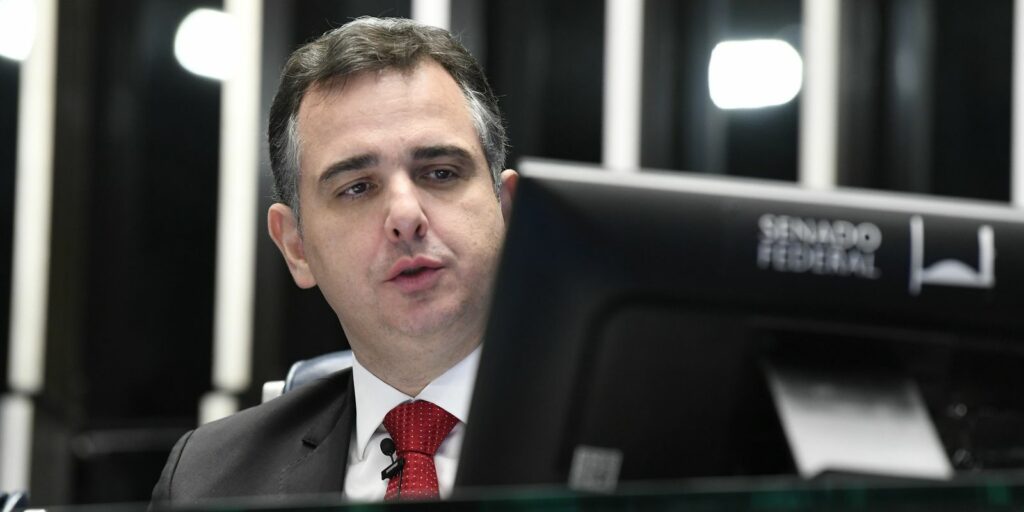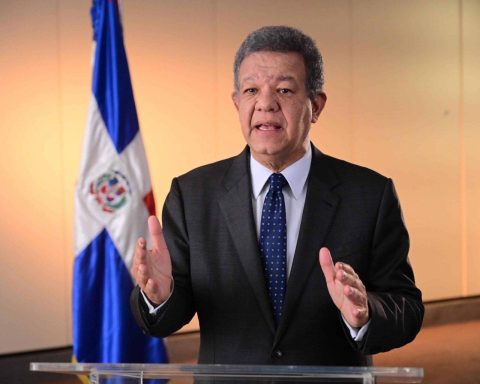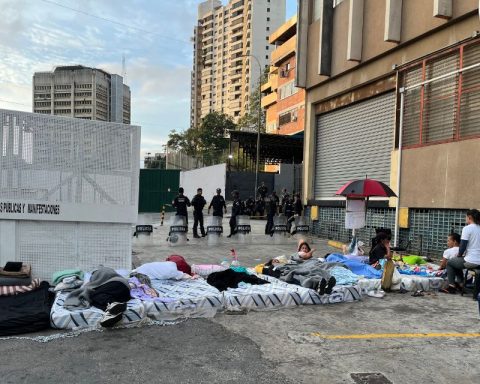Some government parties settled in the Congress of the Republic two bills that are part of the Police reform that is being considered by the administration of President Gustavo Petro.
One of the initiatives seeks to create a new regulation for the use of weapons by the Mobile Anti-riot Squad (Esmad), which implies the prohibition of some of these elements that are of reduced lethality in the midst of citizen protests.
You may be interested in: Riots: how and when to act and other challenges posed by the Esmad reform
Senator María José Pizarro explained that “in the framework of the mobilizations, the use of kinetic weapons, the use of the 12-gauge shotgun, the carrying of firearms, is prohibited and sanctioned as a very serious offense. the use of lethal force and electrical control devices in peaceful demonstrations”.
Pizarro explained that it is not about leaving the Police in a defenseless state, but about creating more rigid protocols to avoid abuses of authority. “This has to be regulated so that the Public Force must know what type of weapons to use in the framework of a peaceful mobilization,” Pizarro said.
“We are not generating projects that go against the Public Forcebut we do hope that through this new direction within the Police we can agree on all these aspects in the legislative process,” he added.
Senator Inti Asprilla He said that it is about promoting a new regulation against the use of force, which also touches on aspects of citizen coexistence.
“For example, there is a ban on using the tonfa stick with unarmed citizens, that is, hitting a citizen with this item when he is unarmed, also prohibit the chokehold maneuver on people who are unarmedWhat we are looking for is to generate a culture of legitimate and proportional use of force,” he indicated.
The other initiative seeks modify the promotion system for members of the National Police to ensure that everyone has the opportunity to pursue a career as an officer.
Check here: Reform to Esmad: Police will now meet with young people and merchants
“We are eliminating the economic barriers for the formation of the officer’s career so that any citizen who wants to, is trained and has the possibilities for his commitment to enter to do the non-commissioned officer school, do not have economic barriers”, Asprilla pointed out.
The bill establishes that it will be mandatory for patrol officers who apply for university training to also pursue a career as an officer.
